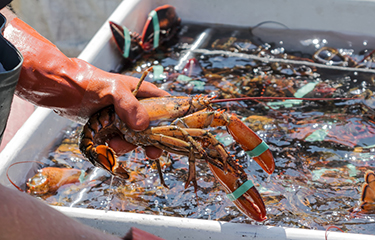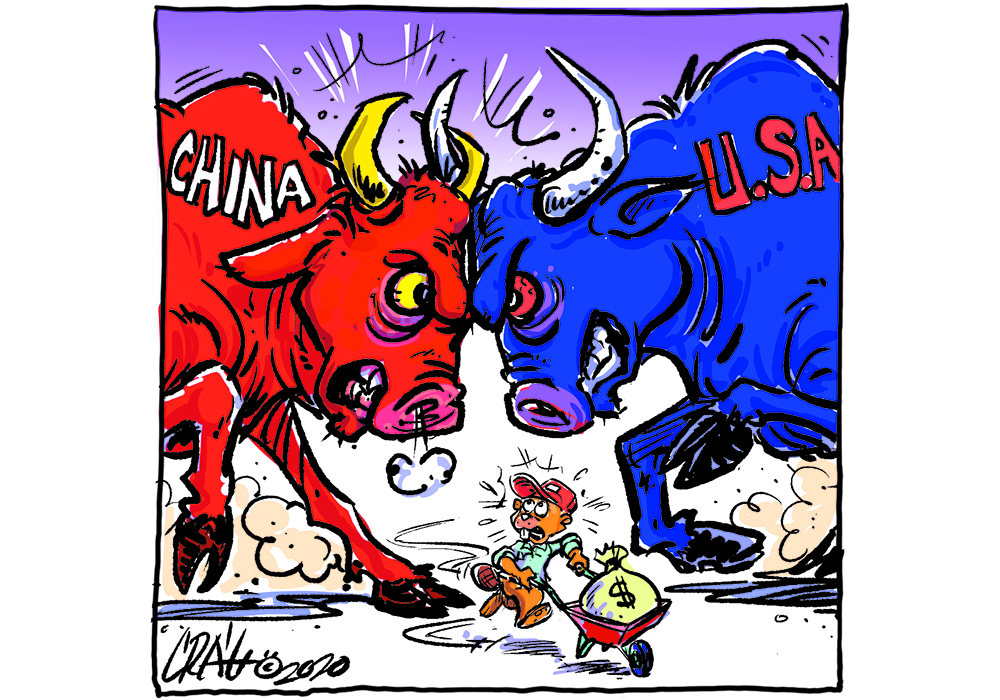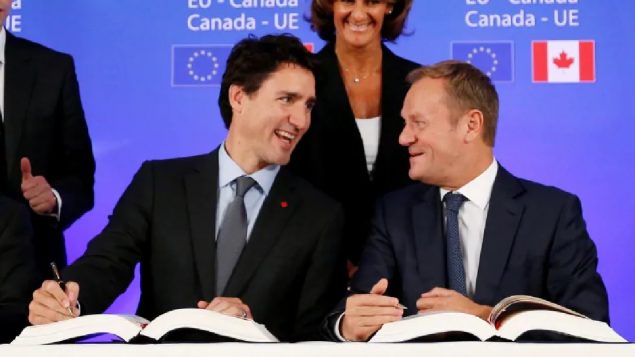La Nina could ruin South America’s big crop hopes

Weather system can bring dry weather to Argentina and Brazil, which are expecting record corn and soybean harvests
La Nina could take the top off of what is shaping up to be a record 2020-21 crop of South American corn and soybeans, says an analyst.
Michael Cordonnier, publisher of the Soybean & Corn Advisor newsletter, forecasts 199 million tonnes of soybean production for the region, up from 190 million tonnes last year.
His corn estimate is 166.1 million tonnes compared to 157.7 million tonnes last year.
However, both of those sharp increases could be erased by a developing weather event.
The United States National Oceanic and Atmospheric Administration recently declared that a La Nina climate pattern has developed and is likely to persist through February 2021.
La Nina tends to result in dry weather for Argentina and southern Brazil, which could negate the production gains Cordonnier is forecasting.
“We could end up with no bigger production than last year,” he said.
“We could easily lose the nine million tonne increase in soybeans and the eight million tonne increase in corn if you have a severe La Nina.”
The Buenos Aires Grains Exchange took it one step further. It now forecasts a reduction in Argentina’s corn and soybean crops compared to last year.
It estimates a soybean crop of 46.5 million tonnes, down from 49.6 million tonnes and a corn crop of 47 million tonnes, a decrease from 50 million tonnes.
Cordonnier said La Nina has no impact on crops in central and northern Brazil. In fact, there tends to be more rain in the north.
It is extremely rare to have drought in Brazil’s top soybean producing state of Mato Grasso, which is in the rainforest region of the country.
“I mean, it can rain twice a day every day for the month of January,” he said.
However, La Nina could have a significant impact on the southernmost state of Rio Grande do Sul, which is the country’s third largest soybean producing state.
Rio Grande do Sul suffered a severe drought in 2019-20 and can ill afford a second consecutive year of dry weather.
Farmers in Brazil were “tickled pink” with last year’s record corn and soybean prices and exports, largely due to the 35 percent devaluation of the country’s currency, he said.
“Agriculture in Brazil is on a roll.”
Stocks of corn and soybeans are “very, very tight” to the point where the government may decide to drop its import tariffs sometime before the end of 2020.
Brazilian growers are expected to respond by expanding soybean acres by 4.3 percent and corn acres by 6.5 percent. The acres will come from pastureland and sugarcane, not rainforest as some are falsely reporting, said Cordonnier.
Dry seeding conditions could cause soybean planting delays in southern Brazil. Delays are not a big deal. Yields can be the same whether farmers plant in mid-September or mid-November.
However, if the soybean crop is delayed, it could impact planting and yields for the country’s second crop of corn, which now accounts for three-quarters of Brazil’s corn production.
It could also create a longer sales window for U.S. and Canadian soybean exports.
Cordonnier said the weather has been dry in Argentina for the past four of five months, which is having a significant impact on the country’s wheat crop.
The government of Argentina has raised export taxes on grain and soybeans, causing farmers to hold the crops as a hedge against inflation. Crushers in the country are operating at 50 percent capacity.
He doesn’t anticipate any acreage increase for either crop in that country.






